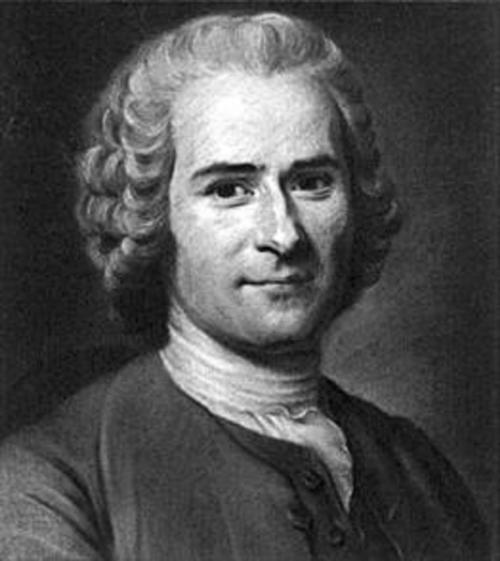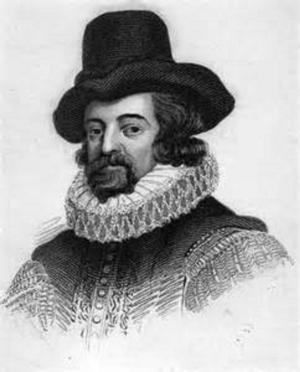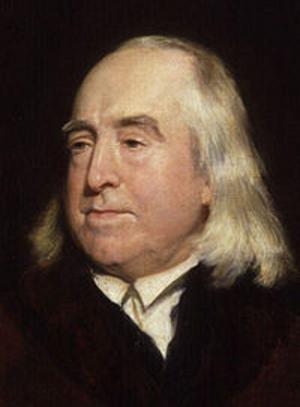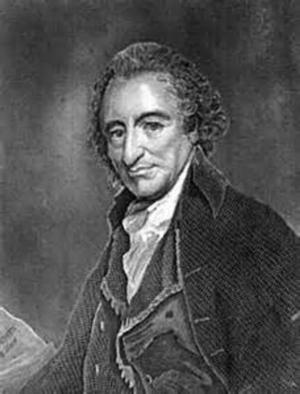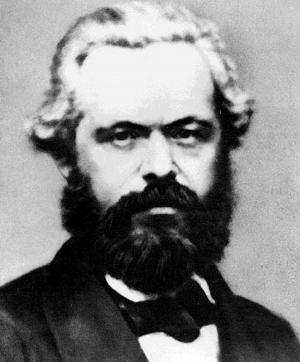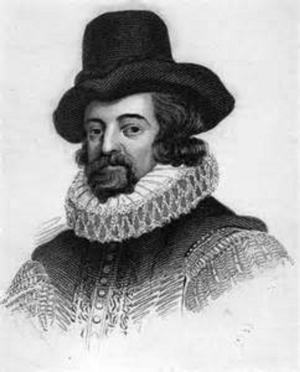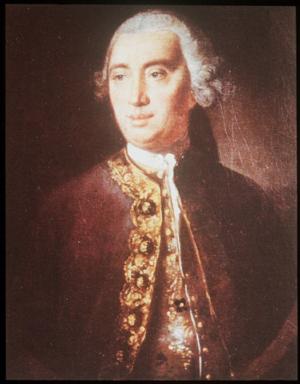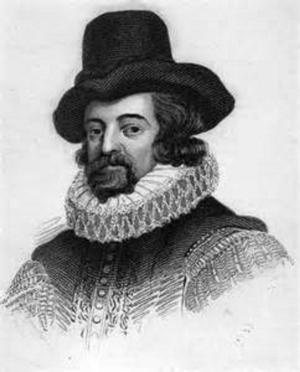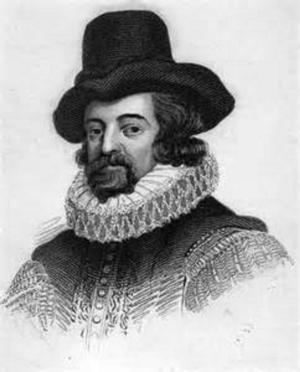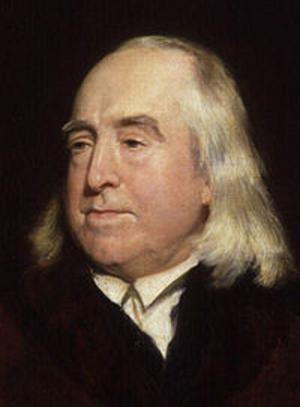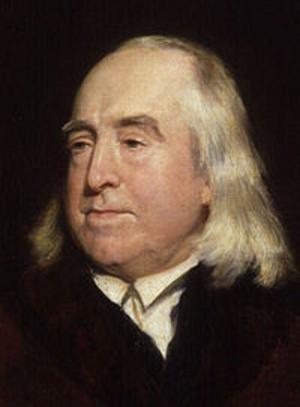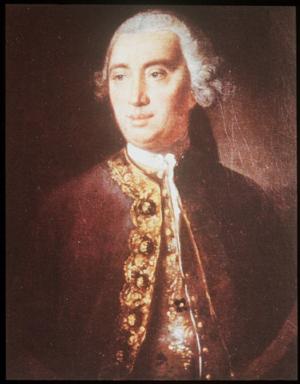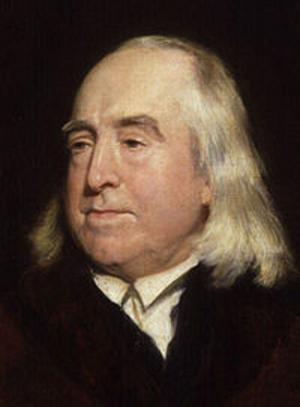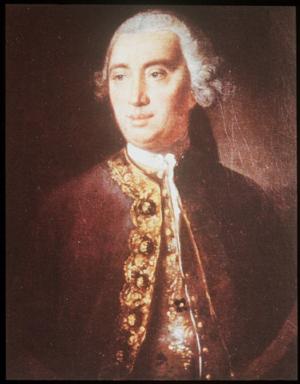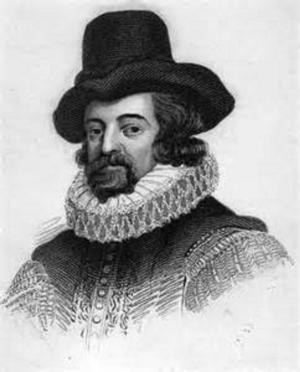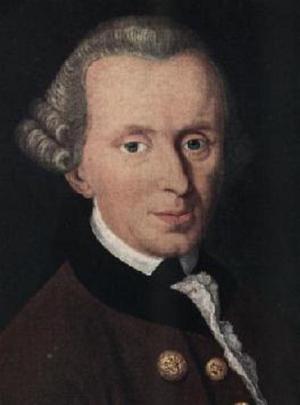Jean Rousseau, Immanuel Kant, John Keynes, and Thorstein Veblen on Perpetual Peace, Philosophy, and Economy (Illustrated)
Business & Finance, Economics, Macroeconomics, Theory of Economics| Author: | Jean Jacques Rousseau, Timeless Books: Editor | ISBN: | 1230000563017 |
| Publisher: | www.WealthOfNation.com | Publication: | July 20, 2015 |
| Imprint: | Language: | English |
| Author: | Jean Jacques Rousseau, Timeless Books: Editor |
| ISBN: | 1230000563017 |
| Publisher: | www.WealthOfNation.com |
| Publication: | July 20, 2015 |
| Imprint: | |
| Language: | English |
The book has an active table of contents for easy access to each chapter of the following titles:
1. A LASTING PEACE THROUGH THE FEDERATION OF EUROPE; AND, THE STATE OF WAR - JEAN JACQUES ROUSSEAU
2. THE PRINCIPLES OF POLITICS AND THE PERPETUAL PEACE -IMMANUEL KANT
3. THE ECONOMIC CONSEQUENCES OF THE PEACE – JOHN KEYNES
4. AN INQUIRY INTO THE NATURE OF PEACE AND THE TERMS OF ITS PERPETUATION – THORSTEIN VEBLEN
The thoughts pioneered by Rousseau, Kant, Keynes, and Veblen have had a huge impact on the social contract, liberal theories, war and peace, and economy. They are in the row with the greatest thinkers as Aristotle, Isaac Newton, John Locke, David Hume, Gottfried Wilhelm Leibniz, and John Stuart Mill. Their collected thoughts has had strong influence on building the foundation of the United States and its endeavor of open society.
In 1756, A LASTING PEACE THROUGH THE FEDERATION OF EUROPE; AND, THE STATE OF WAR was published. Rousseau opened with a proclamation of peace in the book: “What good would it be to possess the whole universe if one were its only survivor?” The reasons that he claimed this were twofold. First, He was absolutely honest to the world peace as the truth of nature. Second, he was different from the other people and the difference was the value of diversity and peace that he desired his reader to judge.
Continuing the work about peace by Jean Rousseau, Kant published one of his most influential political work PRINCIPLES OF POLITICS WITH PERPETUAL PEACE in 1795 and the book was regarded as Kant's most significant one. In Principles of Politics, Kant proposed a classical republican theory and discussed a few conditions that he thought necessary to enable a perpetual peace. Those conditions included a world of constitutional republics by establishment of political community. History is obviously sided with Kant’s vision. His political philosophy has been enjoying a remarkable renaissance after the end of the 20th century while communist massively failed across the countries of Soviets and China.
In addition to the theory of Keynesian economics, Keynes’s most important legacy is on the subjects of war and economy. Pushing the level of debate of peace beyond philosophical level, John Keynes published the book THE ECONOMIC CONSEQUENCES OF PEACE in 1919 and gave a powerful discussion about the core economic subjects of war, global political issues, and economic development in reality.
The work is served as a theoretical foundation for establishing IMF and the World Bank. This book is also usually credited to lay out the theoretical foundation for the United States to form Marshall Plan to response to Soviet ‘Salami Tactics’ after the Second World War.
Thorstein Veblen is a great American economist along with Irving Fisher and John Bates Clark in many economic thoughts for combining a Darwinian evolutionary perspective with his new institutionalist approach to economic analysis.
AN INQUIRY INTO THE NATURE OF PEACE AND THE TERMS OF ITS PERPETUATION is one of pioneer work by Veblen about economics, war, peace, and economy. Carrying the level of debate of peace from philosophical level to economic one, Veblen answered the following questions of the day during World War II in the 1917 book:
How does a civilized society create a lasting and healthy peace?
How does industry contribute a sustainable peace?
Veblen also explored how the concept of that patriotism could undermine efforts toward peace, how modern commerce could unify nations, and why honor should be sustained by surrendering nations. It is an amazing book and very relevant today.
This book is one of the most important ones about philosophy, war and peace, politics, and economy by Rousseau, Kant, Keynes, and Veblen, four of the greatest thinkers of modern philosophy on the planet.
The book has an active table of contents for easy access to each chapter of the following titles:
1. A LASTING PEACE THROUGH THE FEDERATION OF EUROPE; AND, THE STATE OF WAR - JEAN JACQUES ROUSSEAU
2. THE PRINCIPLES OF POLITICS AND THE PERPETUAL PEACE -IMMANUEL KANT
3. THE ECONOMIC CONSEQUENCES OF THE PEACE – JOHN KEYNES
4. AN INQUIRY INTO THE NATURE OF PEACE AND THE TERMS OF ITS PERPETUATION – THORSTEIN VEBLEN
The thoughts pioneered by Rousseau, Kant, Keynes, and Veblen have had a huge impact on the social contract, liberal theories, war and peace, and economy. They are in the row with the greatest thinkers as Aristotle, Isaac Newton, John Locke, David Hume, Gottfried Wilhelm Leibniz, and John Stuart Mill. Their collected thoughts has had strong influence on building the foundation of the United States and its endeavor of open society.
In 1756, A LASTING PEACE THROUGH THE FEDERATION OF EUROPE; AND, THE STATE OF WAR was published. Rousseau opened with a proclamation of peace in the book: “What good would it be to possess the whole universe if one were its only survivor?” The reasons that he claimed this were twofold. First, He was absolutely honest to the world peace as the truth of nature. Second, he was different from the other people and the difference was the value of diversity and peace that he desired his reader to judge.
Continuing the work about peace by Jean Rousseau, Kant published one of his most influential political work PRINCIPLES OF POLITICS WITH PERPETUAL PEACE in 1795 and the book was regarded as Kant's most significant one. In Principles of Politics, Kant proposed a classical republican theory and discussed a few conditions that he thought necessary to enable a perpetual peace. Those conditions included a world of constitutional republics by establishment of political community. History is obviously sided with Kant’s vision. His political philosophy has been enjoying a remarkable renaissance after the end of the 20th century while communist massively failed across the countries of Soviets and China.
In addition to the theory of Keynesian economics, Keynes’s most important legacy is on the subjects of war and economy. Pushing the level of debate of peace beyond philosophical level, John Keynes published the book THE ECONOMIC CONSEQUENCES OF PEACE in 1919 and gave a powerful discussion about the core economic subjects of war, global political issues, and economic development in reality.
The work is served as a theoretical foundation for establishing IMF and the World Bank. This book is also usually credited to lay out the theoretical foundation for the United States to form Marshall Plan to response to Soviet ‘Salami Tactics’ after the Second World War.
Thorstein Veblen is a great American economist along with Irving Fisher and John Bates Clark in many economic thoughts for combining a Darwinian evolutionary perspective with his new institutionalist approach to economic analysis.
AN INQUIRY INTO THE NATURE OF PEACE AND THE TERMS OF ITS PERPETUATION is one of pioneer work by Veblen about economics, war, peace, and economy. Carrying the level of debate of peace from philosophical level to economic one, Veblen answered the following questions of the day during World War II in the 1917 book:
How does a civilized society create a lasting and healthy peace?
How does industry contribute a sustainable peace?
Veblen also explored how the concept of that patriotism could undermine efforts toward peace, how modern commerce could unify nations, and why honor should be sustained by surrendering nations. It is an amazing book and very relevant today.
This book is one of the most important ones about philosophy, war and peace, politics, and economy by Rousseau, Kant, Keynes, and Veblen, four of the greatest thinkers of modern philosophy on the planet.
